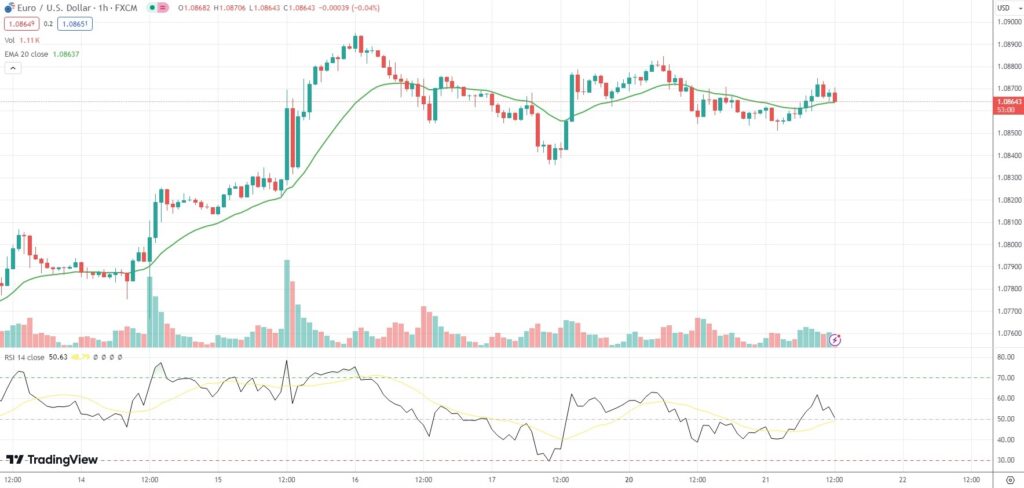The Euro Area reported a trade surplus of EUR 24.1 billion in March, which compares with EUR 19.1 billion surplus in the same month a year earlier, the latest data by Eurostat showed.
It has been the bloc’s biggest trade surplus since December 2020.
In comparison, a consensus of analyst estimates had pointed to a surplus of EUR 19.9 billion.
Total imports shrank 12% year-on-year to EUR 221.3 billion in March. That figure reflected lower purchases of mineral fuels, lubricants and related (-15.9% YoY), raw materials (-20.6% YoY), machinery & transport equipment (-12.7% YoY), chemicals (-14% YoY) and manufactured goods (-12.9% YoY).
Imports dropped mainly from China, the United States, the United Kingdom, Russia and Norway.
Total exports dropped 9.2% year-on-year to EUR 245.4 billion in March, the data showed. The latter reflected lower sales of machinery & transport equipment (-11.2% YoY), manufactured goods (-10.8% YoY), raw materials (-14.4% YoY), crude materials, inedible, except fuels (-16.9% YoY), mineral fuels, lubricants and related (-7.8% YoY), as well as chemicals (-8.1% YoY).
The Euro was last little changed on the day against the US Dollar, with the EUR/USD currency pair trading at 1.0865.
The major Forex pair continued to hold not far from a two-month high of 1.0895, which it registered on May 16th.






